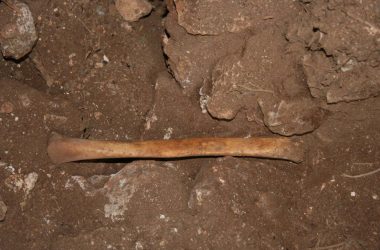Faced with a constant stream of negative news, it’s easy to lose hope in the future of human society. However, there are two reasons to believe that positive change is possible. Firstly, significant social progress has occurred in recent times. More people now live in cities than ever before, and there have been advancements in women’s rights and increased recognition of the unacceptability of bigotry. Additionally, poverty and malnutrition rates have decreased, and support for action on climate change is growing. These changes, whether one agrees with them or not, have happened rapidly and demonstrate the potential for societal transformation.
Secondly, the fields of anthropology and archaeology have shown that human societies can exist in various forms. This realization is both disorienting and inspiring, as it presents the opportunity to reshape our modern societies based on past experiments in sustainability and governance structures. Scholars such as David Wengrow from University College London and Stefani Crabtree from Utah State University argue that we can learn from the diversity of past societies and strive to make improvements in our present lives.
With the understanding of the potential for change, it is crucial to identify areas in need of transformation. One such area is the systemic racism and oppression that persists in certain societies today. Acknowledging and addressing these issues is essential for creating a better future.












